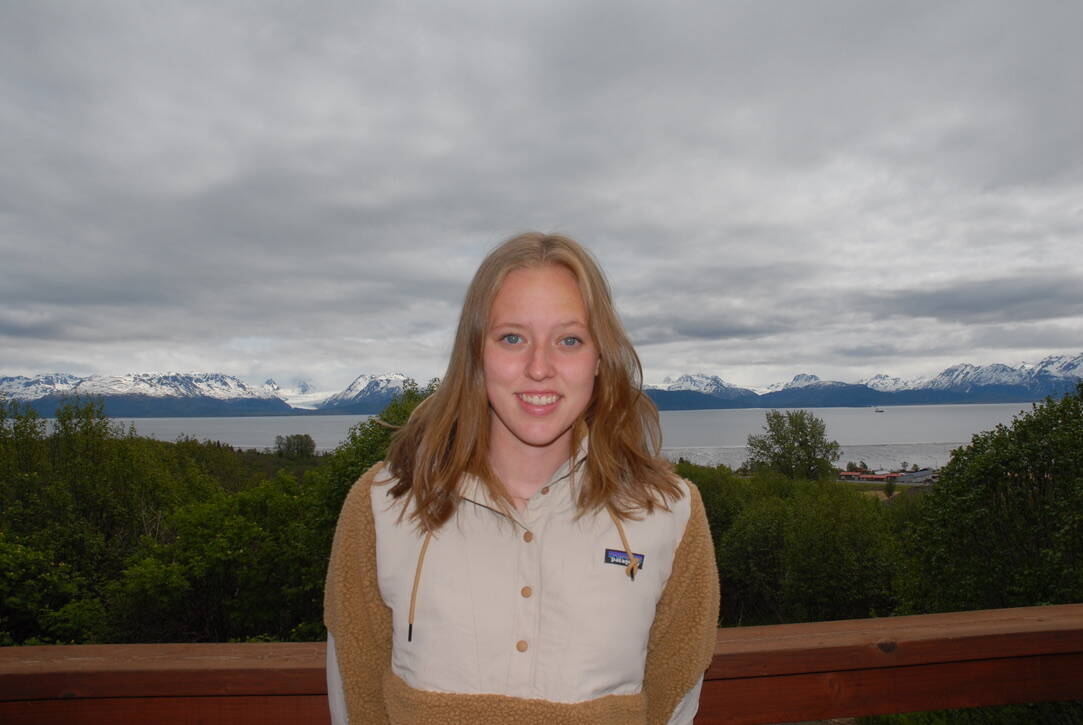On March 13, the Biden administration approved the Willow Project. I learned about this news from Instagram stories posted by Alaskan friends as well as environmentally active Bowdoin classmates condemning this project and its approval.
After hearing the news, I found myself asking: What is the Willow Project? And how should Alaskans feel about it?
From some quick research, I gathered that the Willow Project is a massive decadeslong oil drilling project purposed to produce around 600 million barrels of oil in the North Slope of Alaska. Its approval has received extreme backlash from Native Alaskans, environmental groups such as EarthJustice, as well as other environmentally active Americans.
This backlash is due to the adverse environmental impacts that come with furthering the extraction of fossil fuels from the Earth. We know that climate change is happening and that fossil fuels are a large contributor to this change, so why are we developing projects that encourage more oil drilling?
The answer to this question will always be money. Yes, the Willow Project will be lucrative in the short run, but what are its long-term impacts?
It most definitely will be detrimental to the environment because it will be producing fossil fuels. But it also could potentially harm Native communities that live close to the purposed site and destroy the habitat of many animals that are native to the Arctic. This project will change the pristine untouched environment of Alaska by detrimentally furthering industrialization within the state.
Further, supporters of the Willow Project argue that it will help the U.S. reach oil independence. In response to this argument I say, the only way for the U.S. to be truly independent from foreign oil producers is to shift our industries to renewable energy. Renewable energy such as solar and wind power can be harnessed within the borders of the U.S. without any foreign negotiation.
So instead of investing in new projects like the Willow Project that will build our fuel reserves, we need to invest in renewable energy so that it can become a realistic and feasible way to power our Earth.
As a lifelong Alaskan I understand the important role that oil plays in the economy of Alaska as well as the livelihood of many Alaskans. In my own life I have benefited from the lucrative oil business on the North Slope of Alaska. The roads I drive on, the public school I attended, and not to mention the PFD that I receive every October are all funded from oil money.
In my opinion the state of Alaska is determinately dependent on the fossil fuel industry. And it is OK to admit that if we shift away from oil extraction as our main source of energy, Alaska is going to need help.
It makes economic sense to support the Willow Project, but it does not make moral sense. It is immoral to approve projects that will exacerbate the climate crisis. Alaska is a state that is filled with resourceful, creative and cooperative people who are willing to stand up and protect the state they love.
The power of the Alaskan collective needs to be harnessed to oppose the Willow Project, but also more broadly to address the future of the state of Alaska in a world slowly shifting away from fossil fuel use and extraction.
Zoe Stonorov is a Homer local studying environmental studies and history at Bowdoin College in Brunswick, Maine. She is interested in the Willow Project because she cares about the future of Alaska and the environment.

